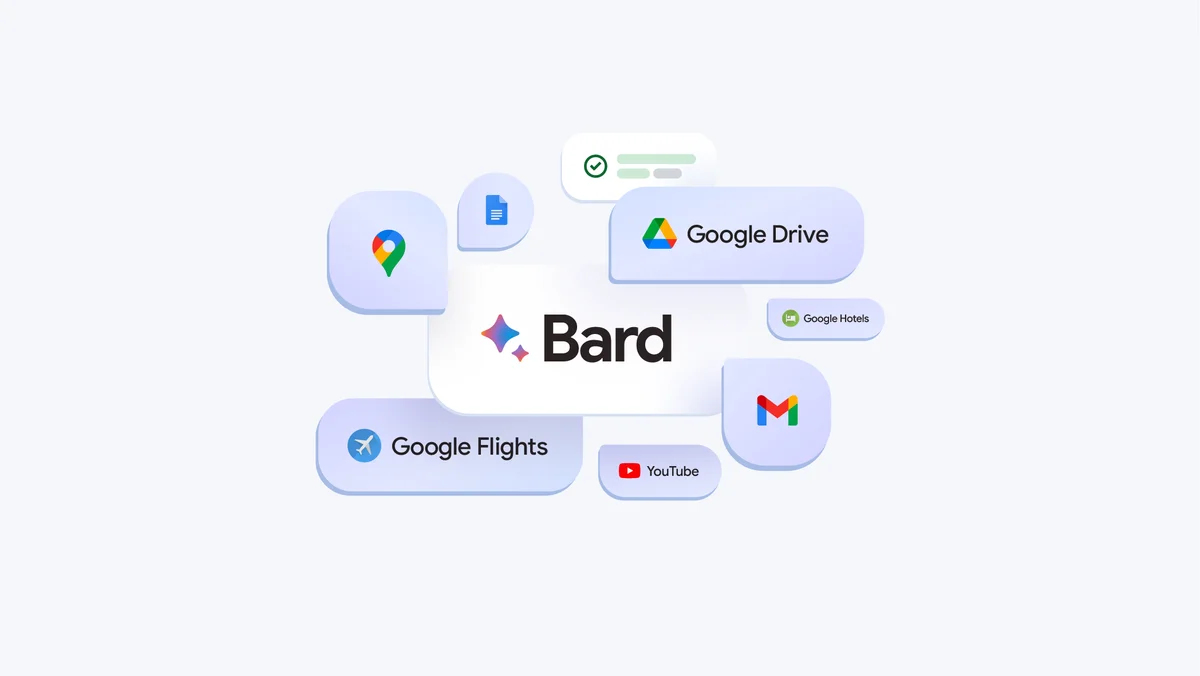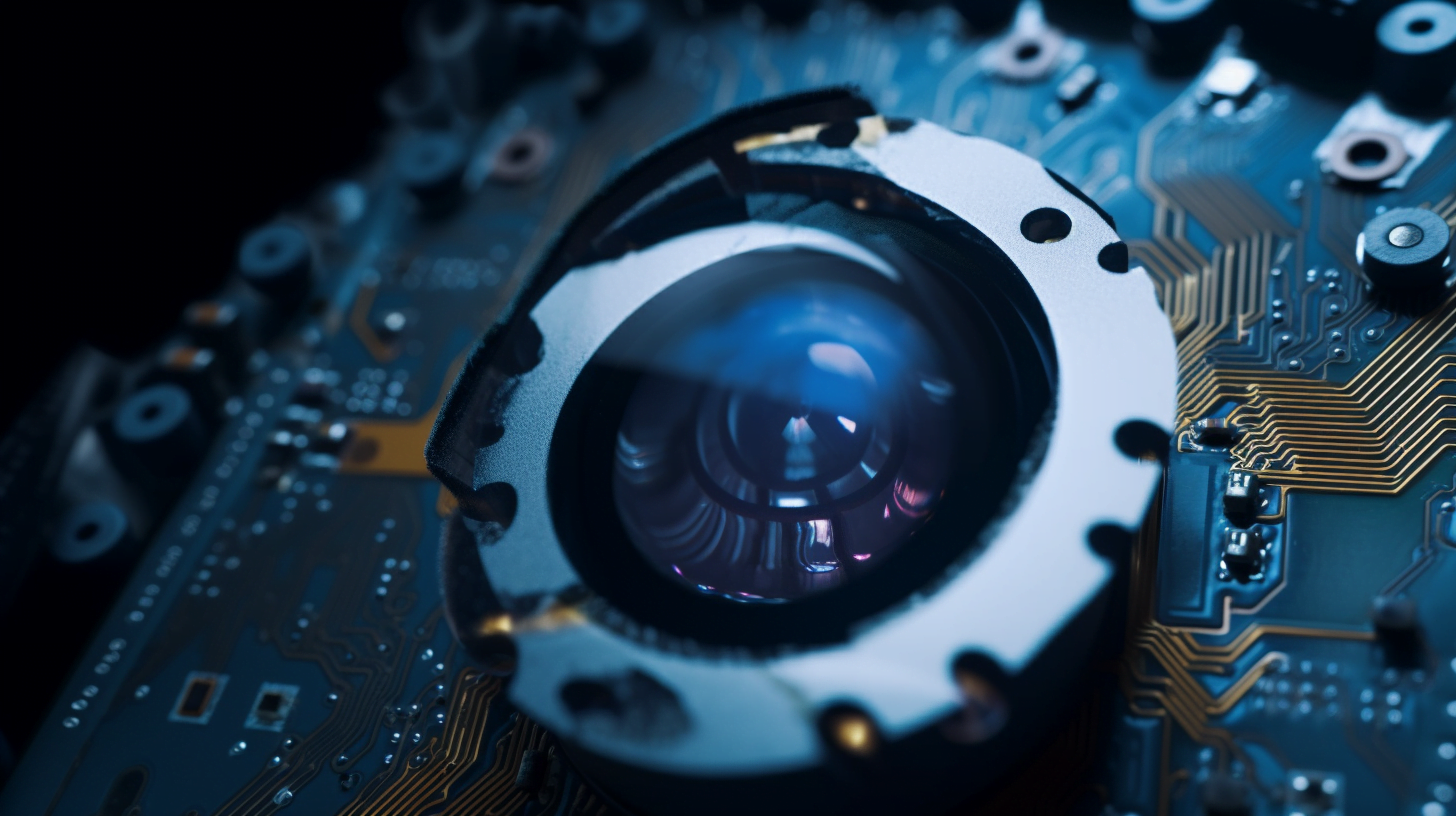Read full article about: Bing Chat offers 100% GPT-4 in creative and precision modes
Microsoft's head of search, Mikhail Parakhin, wrote on Twitter that Bing Chat uses 100% GPT-4 in Creative and Precision modes. Balanced mode uses a combination of language models, including GPT-4. In addition to the OpenAI models, Microsoft uses the Prometheus model, a "collection of skills and techniques," and its own Turing language models in Bing. The Turing models also controls Bing's search results.
Creative and precise a 100% GPT-4, Balanced is a combination of several models including GPT-4
.
- Mikhail Parakhin (@MParakhin) August 21, 2023
Despite the hype around AI chats, ChatGPT and GPT-4, Microsoft has not been able to take market share from Google with its free Bing chat.







